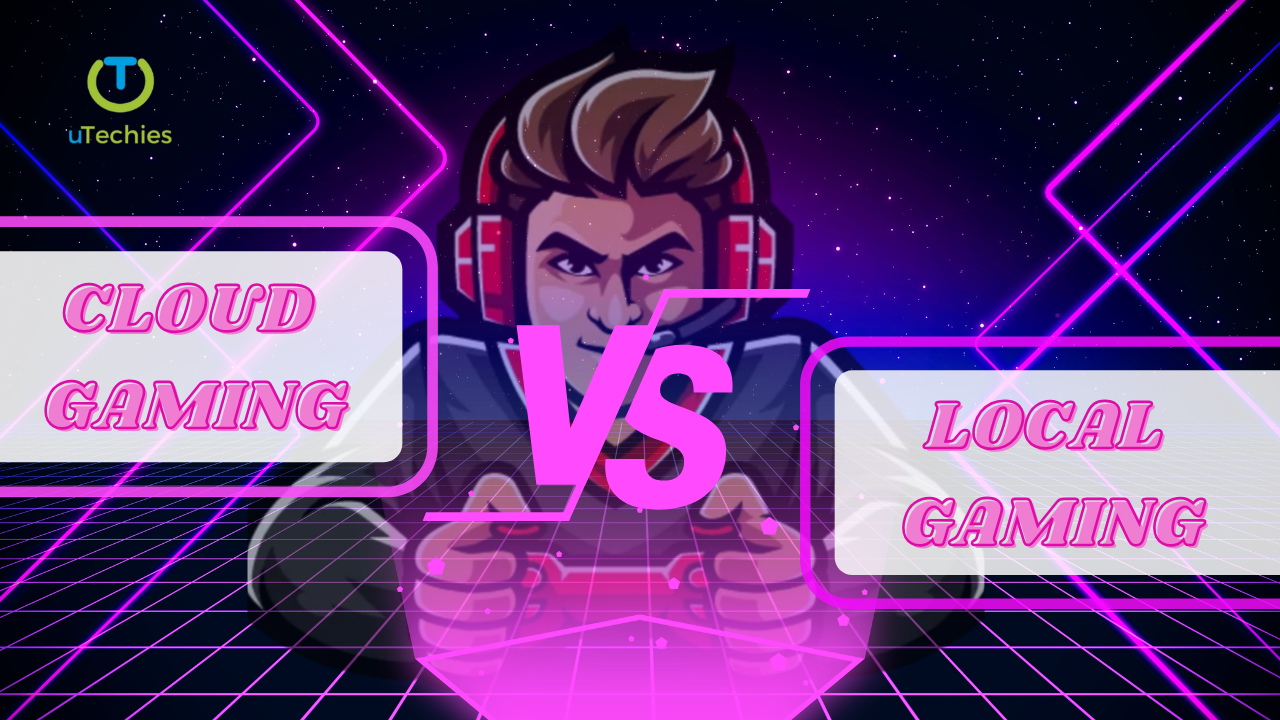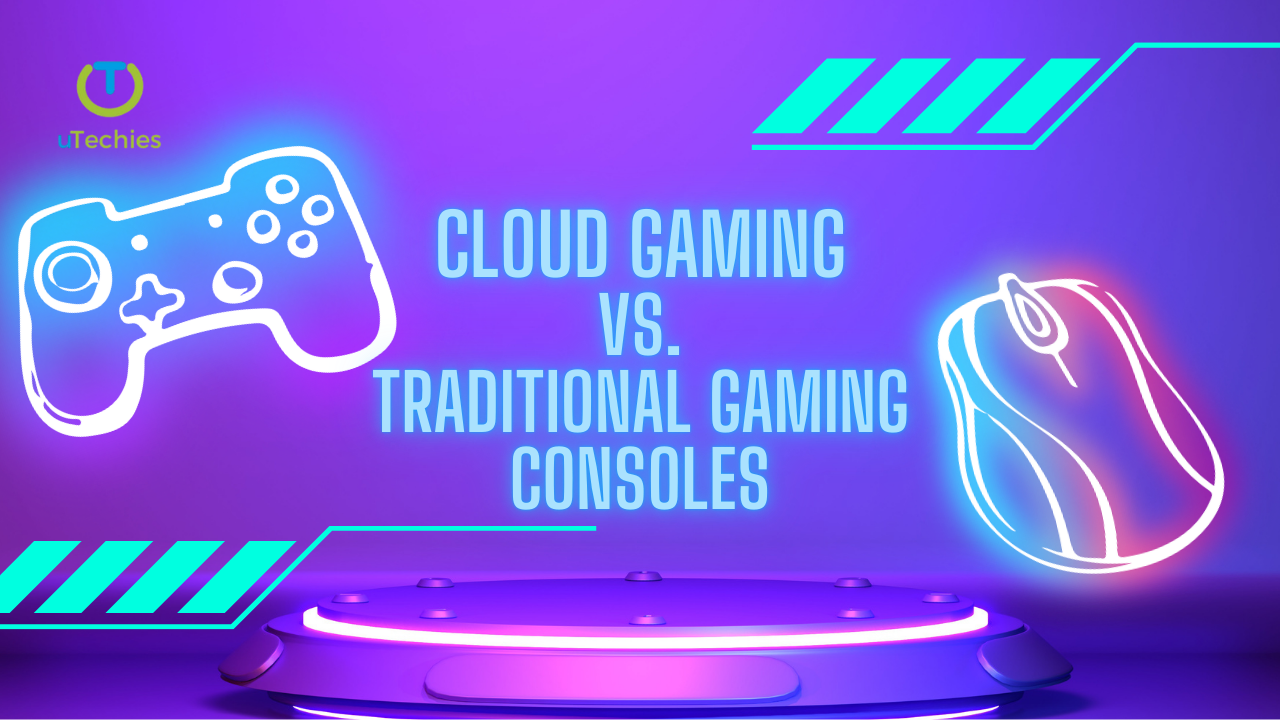The gaming industry has transformed dramatically with the advent of cloud gaming, offering gamers an alternative to the long-standing tradition of local gaming. Both methods have unique strengths and weaknesses that cater to different player preferences, gaming habits, and technological considerations.
What is Cloud Gaming?
Cloud gaming enables users to play games by streaming them over the internet, utilizing remote servers rather than relying on their local hardware. This innovative approach to gaming has gained popularity for its convenience and accessibility.
Advantages of Cloud Gaming
- Device Accessibility: Cloud gaming allows players to enjoy high-quality games on a variety of devices, including low-powered smartphones and tablets, without the need for expensive hardware upgrades.
- Cost Efficiency: With subscription-based models, cloud gaming eliminates the need to purchase costly consoles or frequent hardware upgrades, providing access to extensive game libraries at a lower cost.
- Quick Start: Players can instantly access games without lengthy downloads or installations, making it easy to try new titles without significant commitments.
- Automatic Updates: Games hosted on remote servers are regularly updated, ensuring users always have the latest patches and features.
- Cross-Platform Play: Many cloud gaming platforms support multiple devices and operating systems, allowing players to switch seamlessly while maintaining progress.
Disadvantages of Cloud Gaming
- Internet Dependence: A fast and stable internet connection is essential for smooth gameplay. Poor connectivity can result in lag, latency, and diminished visual quality.
- Limited Game Ownership: Games are often tied to subscriptions, meaning players lose access if they cancel their plan or if the platform alters its offerings.
- Inconsistent Performance: Gameplay quality can vary based on server loads and network reliability, which can frustrate users seeking consistent performance.
What is Local Gaming?
Local gaming involves downloading and playing games directly on personal devices like PCs or gaming consoles. This traditional approach has long been a favorite for its reliability and performance.
Advantages of Local Gaming
- Stable Performance: Since games are run locally, they offer consistent gameplay without relying on internet speeds. This is crucial for graphics-intensive and competitive gaming.
- Enhanced Graphics: Local setups can leverage advanced hardware to deliver superior visuals and responsiveness.
- Game Ownership: Players typically purchase games outright, granting permanent access and the option to collect physical copies.
- Offline Capability: Games can be enjoyed without an internet connection, making them ideal for those in areas with limited connectivity or those who prefer offline play.
Disadvantages of Local Gaming
- Higher Initial Costs: High-performance gaming PCs and consoles require significant upfront investment.
- Ongoing Maintenance: Regular updates and hardware upgrades are often necessary to stay compatible with new game releases.
- Lengthy Installations: Large game files can take considerable time to download and install, which might deter players from exploring new titles quickly.
Conclusion
Deciding between cloud gaming and local gaming depends on your priorities as a gamer. Cloud gaming excels in convenience, accessibility, and cost-effectiveness but relies heavily on internet quality. On the other hand, local gaming offers consistent performance and ownership at the expense of higher initial and maintenance costs. As technology progresses, both methods are poised to coexist, catering to diverse gaming audiences and redefining the future of interactive entertainment.






